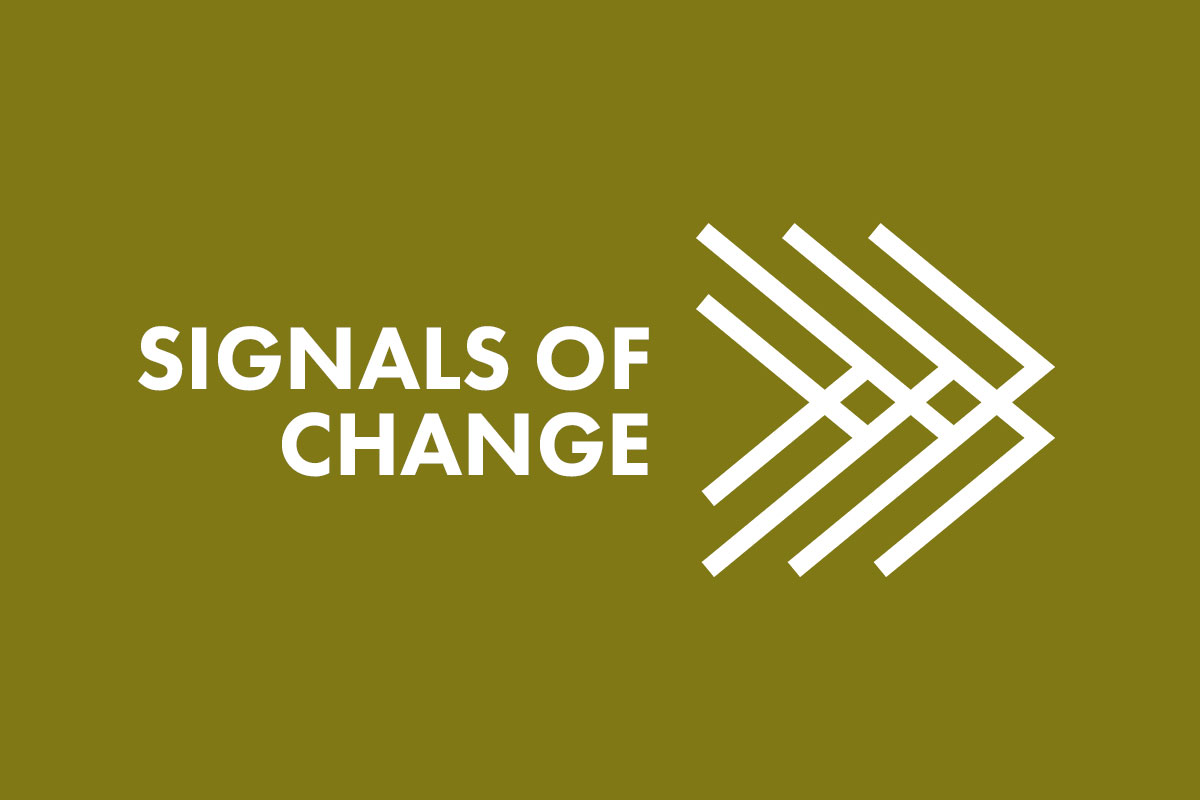Net Zero Transition – Latest signals of change (08.04.22)
We Mean Business Coalition
Here are just some of the signals of change from the past week, demonstrating the transition to a resilient and inclusive net-zero economy.
Net-Zero Economy
China has made progress on preparing a law dedicated to tackling climate change. Li Gao, director of the ministry’s Climate Change Department, added that the ministry will accelerate efforts to promote the legislative process, and incorporate mechanisms for dealing with the global climate crisis into other laws. The Canadian government wants a 42% reduction in emissions from the nation’s oil-and-gas sector as part of its plan to meet its 2030 emissions-reduction goal. The United Nations has announced the members of an expert group that will scrutinize corporate pledges to achieve net-zero emissions. U.N. Secretary-General António Guterres said the group of 16 experts will analyze the net-zero plans of companies, investors, cities and regions in order to develop stringent and transparent standards to ensure they deliver their promises.
Energy
For the second year in a row, clean energy sources accounted for a larger share of electricity generation than coal (2020 & 2021), according to research from Ember, a climate and energy think tank. A sprawling fruit and vegetables market in Mexico City wants to spark a greener future as the world’s biggest urban solar farm with thousands of photovoltaic panels set to be installed this year on the roofs of its buildings. Germany’s energy industry recorded about 25% more electricity generated from renewable sources in the first three months of the year compared with the same period last year thanks to unusually windy and sunny weather. Doubling clean power capacity additions from 40GW to 80GW each year could drive down costs, bills, emissions and geopolitical risk, according to new analysis from Wärtsilä. China have released guidelines to accelerate the development of clean energy bases in Southwest China’s Xizang Autonomous Region, a move to promote a high-quality energy development in the region. And Spanish oil and gas group Cepsa will spend €7-8 billion ($7.8-8.9 billion) on shifting its business to low-carbon energy sources by 2030.
Transport
The Biden administration announced a final rule on tailpipe emissions, hiking up penalties for automakers who don’t meet fuel economy standards going back to model year 2019. The new penalties will help push the administration’s goal of having half of all vehicles sold by 2030 have zero-emissions. The UK’s largest free electric vehicle charging network has expanded to 500 locations nationwide, while usage surged 300 per cent over the past year. Free charging sessions on the network increased from 500,000 in April 2021 to more than two million by the end of February. Engineers have discovered a way to more than double the lifespan of batteries used in smartphones and electric cars.
Land and Nature
The UK government will pay farmers in England to use greener fertilizers as global economic shocks send the costs of growing crops is soaring. To help with costs, ministers are expected to set out cash incentives aimed at farmers who move away from gas-dependent fertilisers. Tesco has pledged to become the first to go peat-free on its British-grown bedding plants in order to reduce its carbon footprint. Tesco will cut its use of the material by 95% across its UK bedding plants range. It has vowed to remove all peat from the range in 2023. Germany is set to invest €4 billion in ‘natural climate protection‘ to strengthen biodiversity and dampen the effects of climate change. Landscape renaturation, trees for cities and the protection of federal lands are all part of the agenda. UK supermarket chain,
Built Environment and Heavy Industry
Smart Freight Centre and WBCSD have announced a new initiative co-developed with 25+ global companies to advance the quantification of logistics emissions and support the logistics industry on their journey to net-zero emissions. Britain has launched a consultation on possible changes to its emissions trading system, including adding the maritime sector and tightening caps set under the scheme. Salzgitter AG plans to start production of low-CO2 steel from the end of 2025. Volkswagen will become one of the first customers for the low-CO2 steel, with first deliveries expected by the end of 2025. According to Salzgitter AG, they will be able to cut over 95% of CO2 emissions from their steel production.

